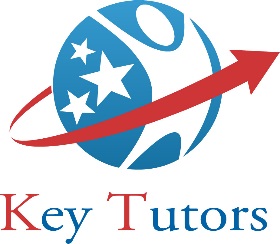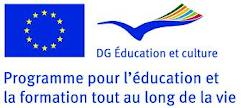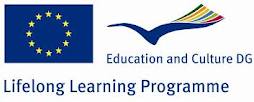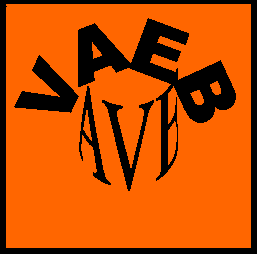Projects attached to the country Lituanie
Key Tutors- former des tuteurs aux compétences clés - 2015-2017


The 8 Key competences are the European Framework adopted by the European Commission & Parliament in 2006 in order to enhance the competence approach in Europe. It takes into account 4 basice competences. France combines KC1 – communication in the mother tongue and KC6- social and civic competence. Spain combines KC 2 – communication in a foreign language and KC8- cultural awareness and expression. Lithuania combines KC3- Mathematical competence and basic competences in science and technology and KC 5- Learning to learn. Finland combines KC4- digital competences and KC7- sense of initiative and entrepreneurship. Poland combines KC1- communication in the mother tongue and KC5- Learning to learn.
VA2EL- Valoriser les acquis des élus locaux - 2008-2010


Initiated by iriv together with the National Institute for Local Development under the "Lifelong learning" programme (call for proposal 2008), under the Leonardo da Vinci programme, the project is meant to identify, evaluate and validate skills and qualifications acquired by local coucnillors as an informal learning for a professional purpose". Six countries have been selected : France, Austria, Greece, Italy, Lithaunia and Poland. This is a transfer of innovation of former LdV project initiated and directed by Iriv (www.eEuropeassociations.net.) This project is supported by the European programme Leonardo da Vinci.
VPL2- Valoriser les acquis de l'expérience en Europe - 2005-2007


A European project initated by the Han University , supported by the European Commission under the Leonardo da Vinci Programme. Eleven countries involved : the Netherlands, Cyprus, Czech Republic, Germany, France, Ireland, Italy , Lithuania , Norway and the United Kingdom. Here is the website : www.vpl4.eu. iriv's contribution consisted in presenting the Vaeb project and the two French projects linked to it, Vaeb Aria and Vaeb in Brittany.
Vaeb - 2003-2006



A l'initiative de l'Iriv, il réunit 14 partenaires dans 7 pays européens (France, Allemagne , Autriche , Hongrie , Italie , Pologne et Royaume-Uni). Il a été financé grâce à la Commission européenne (programme communautaire Leonardo da Vinci "Former et éduquer tout au long de la vie".) et avec un soutien du Conseil régional de Champagne Ardenne pour l'expérimentation en France.


























